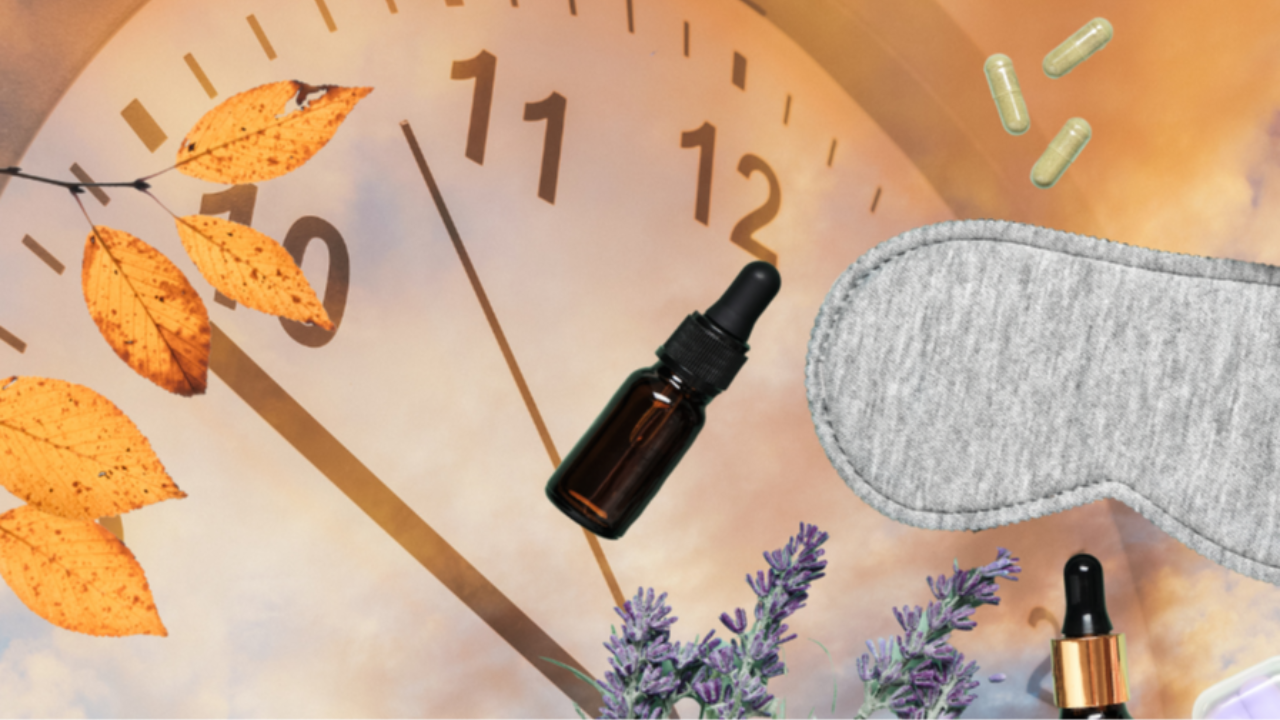Keeping up with the Time Change
Nov 02, 2025
This Sunday we saw our clocks ‘Fall Back,’ and suddenly it’s dark at 5 pm. Sure, we’ll get more daylight in the early morning, which is great, but at what cost?
Numerous studies have shown that in the days immediately after the time change, there are more fatal car accidents, more heart attacks, strokes, and more workplace injuries. Some studies point to the detrimental effects on mental health.
The semi-annual time shift is not just a minor inconvenience; it is a health hazard.
Please don’t downplay the time change. “It’s just an hour, what’s the big deal?!” To your highly tuned body, which is very sensitive to the arcs of light and dark each day, it is a big deal.
Here are a few tips for navigating this transition safely:
- Pay extra attention to your “sleep hygiene” the week before and after the change: stop looking at screens a couple of hours before bed, and limit intake of alcohol and caffeine, both of which can disrupt sleep patterns.
- Immediately after the time change, be aware that you and everyone else on the road are likely somewhat underslept; be extra cautious while driving, and while being physically active.
- If you find you’re significantly more tired, depressed or irritable during the darker months of the year, often triggered by the time change, get some support! Light boxes can mimic the benefits of sunlight, and acupuncture and other therapies can help you feel better until the days start getting longer again.
Get Personalized Health Guidance
Looking to improve your wellbeing? Reach out to schedule an appointment for tailored health advice and to start getting relief soon.
Book Now